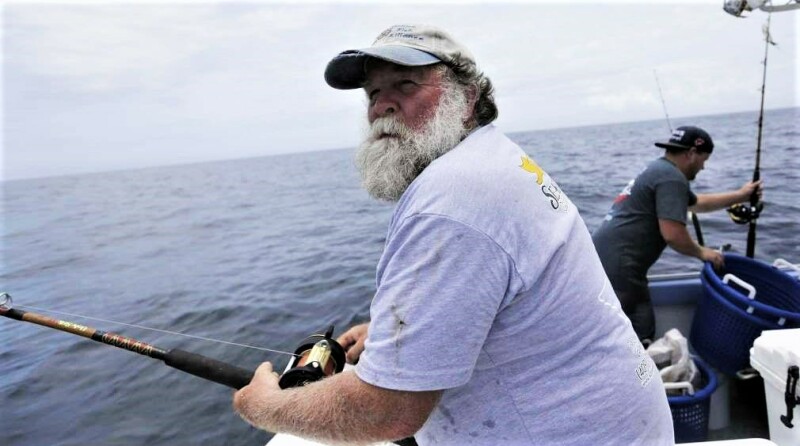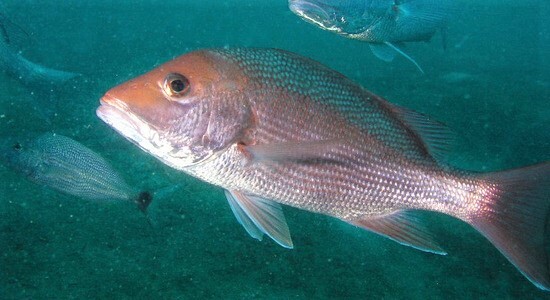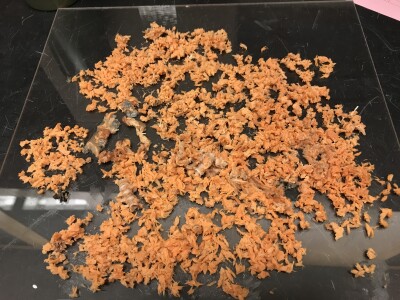I respect that I was quoted and appreciate you including it in the recent Paul Molyneaux article, “The Right to Fish,” but there are nuances in the fishery that were not captured in that article that are important to communicate. The real problem in the Gulf snapper fishery is overcapitalization, which is driving instability and stock decline.
When commercial snapper and grouper fishermen in the Gulf of Mexico came together in the 1990s, we knew there was a problem – red snapper and other reef fish were mismanaged, populations were declining, and there weren’t enough fish for us to make a living. In other words, the fishery was overcapitalized: There were “too many boats chasing too few fish.” It was hard to make money, and we overfished the stocks.
So we worked together to create the IFQ Programs in the Gulf to solve these problems. We saw an opportunity to rebuild stocks and give fishermen the ability to create stable business plans and make a better living for us and for our children. The IFQ programs’ goals are: 1) “to reduce overcapacity in the commercial fishery,” and 2) “to eliminate, to the extent possible, the problems associated with derby fishing.” And according to the National Academies of Sciences and the formal IFQ 5-year reviews, the Gulf’s IFQ programs are meeting these goals.
I feel bad for young fishermen, especially in the eastern Gulf, who were sold a false promise by the Gulf Council and NOAA Fisheries and got into the fishery in the last five years. We old-timers knew that raising the red grouper quota by 2 million pounds back in 2017 was a big mistake, and we came to Gulf Council meetings and said that – red grouper are in trouble, the stock isn’t as healthy as it was a few years ago, your information is outdated, don’t raise the quota at this time. We were ignored. The red grouper quota went up, and because the fish were hard to catch since the population was so low, quota was cheap. NOAA Fisheries basically devalued the quota by inflating the quota, which lured more people into the fishery than the fishery could sustain. Now the quota has been cut way back, allocation is more expensive, and it’s much harder to find because more people are looking for it.
Overcapacity is still a problem in the commercial sector. Encouraging more people to enter the commercial fishery through artificially depressed quota prices only made things worse: It increased the number of fishermen right when the stock was at a low point. When our warnings about the poor health of the stock proved correct, catch limits were slashed and quota prices rose accordingly. It’s not surprising that those conditions made it hard to find quota and turn a profit.
Now we’re seeing the same thing with red snapper. Across the Gulf, recreational and commercial fishermen are reporting problems. Fish are smaller and less abundant, and require more effort to find. That’s what happens when the recreational sector is allowed to overharvest by more than a million pounds every year. But again, over our objections, the Gulf Council voted to increase the quota by 8 percent last week in Corpus Christi. The same cycle we saw with red grouper will be repeated.
The “problem” in the reef fish fishery isn’t the commercial IFQ programs. The problem is that the heavily-recreational-leaning Gulf Council and NOAA Fisheries are using outdated information to increase quotas when stocks are declining, then have to reduce quotas when the stock plummets even further. This promotes overcapacity, leads to overfishing, and creates an unstable environment for commercial fishing businesses. We need annual stock assessments and real-time management responses to stop this roller coaster that’s impacting all commercial fishermen – old and young fishermen need to stop the infighting and work together on this fundamental fishery problem.

Buddy Guindon (f/v Hullraiser) is the owner of Katie’s Seafood Market and Katie's Seafood Restaurant in Galveston, Texas.






